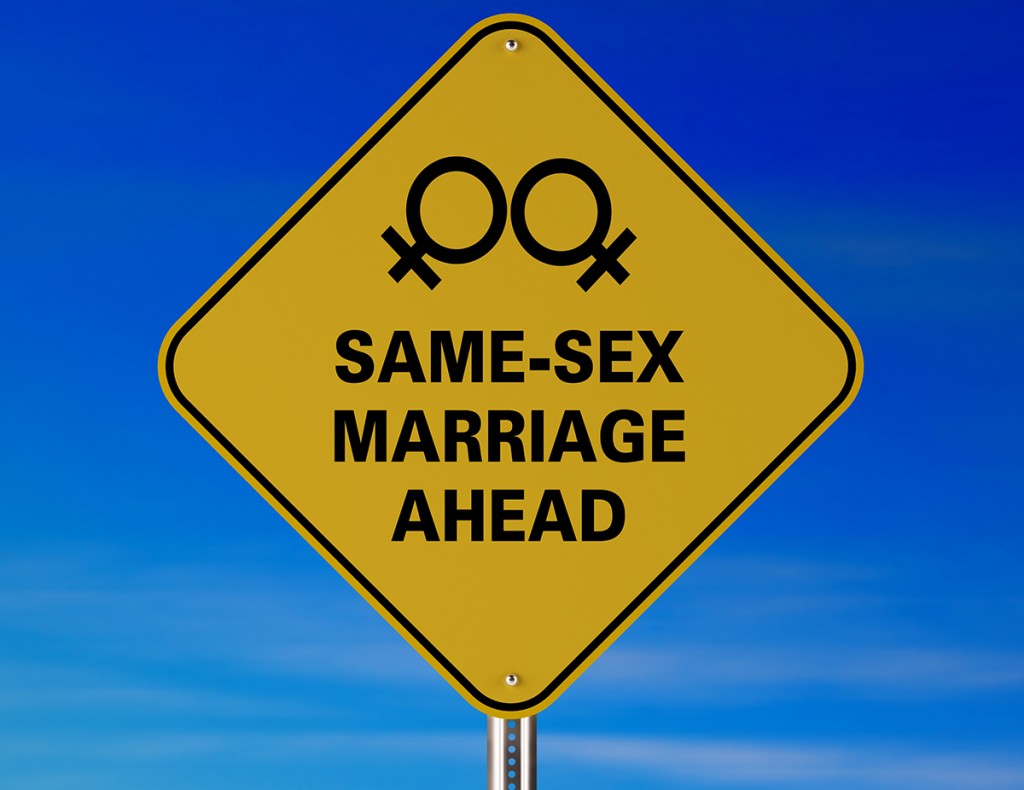Update: Yikes! One of the drawbacks of media-criticism-on-the-go is the possibility of writing a post that, in retrospect, makes you sound really stupid.
Such is the case with this one, which prompted reader Sarah Morriss to comment:
You do know that “Virginia is for lovers” is the tourism and travel slogan used by the Commonwealth of VA, and thus the headline is likely a play on that, no?
Nope. I didn’t know that. But a quick Google search finds a Wikipedia entry describing the slogan as “one of the most iconic ad campaigns in the past 50 years.” Uh, somehow I missed it.
That does put the headline in a different light, although one could argue that not all readers nationally would understand the play on words.
My original post appears below.
* * *
Virginia marriage is for all lovers
Let’s take a quiz and see if you can guess the source of the above message:
A. Sign at a gay-rights rally.
B. Slogan for a same-sex marriage campaign.
C. Headline on an Associated Press news story.
If you picked C, you would be mostly correct. This is the actual headline on AP’s story on a federal appeals court ruling Virginia’s same-sex marriage ban unconstitutional Monday:
U.S. court: Virginia marriage is for all lovers
Even attributing that statement to the court, the headline still strikes me as a doozy, especially given that the 98-page ruling never uses the word “lover.” The term “same-sex” does appear 151 times, along with 321 references to “marriage,” and other major news organizations stuck with more journalistically neutral headlines.
Appeals court upholds decision overturning Virginia’s same-sex marriage ban (Washington Post)
Appeals panel strikes down Virginia gay marriage ban (USA Today)
Appeals Panel Rejects Virginia Gay-Marriage Ban (New York Times)
Appeals court strikes down Va. same-sex marriage ban (Richmond Times-Dispatch)
Appeals court rejects Virginia same-sex marriage ban (CNN)
Not a lot of creativity in those headlines, granted. But not a lot of editorializing either.
The headline isn’t the only place the AP story hints at bias. The wire service quotes an American Civil Liberties Union lawyer and sees no need to label the group. The same can’t be said of the story’s treatment of a legal group that supported Virginia’s ban on same-sex marriage:














